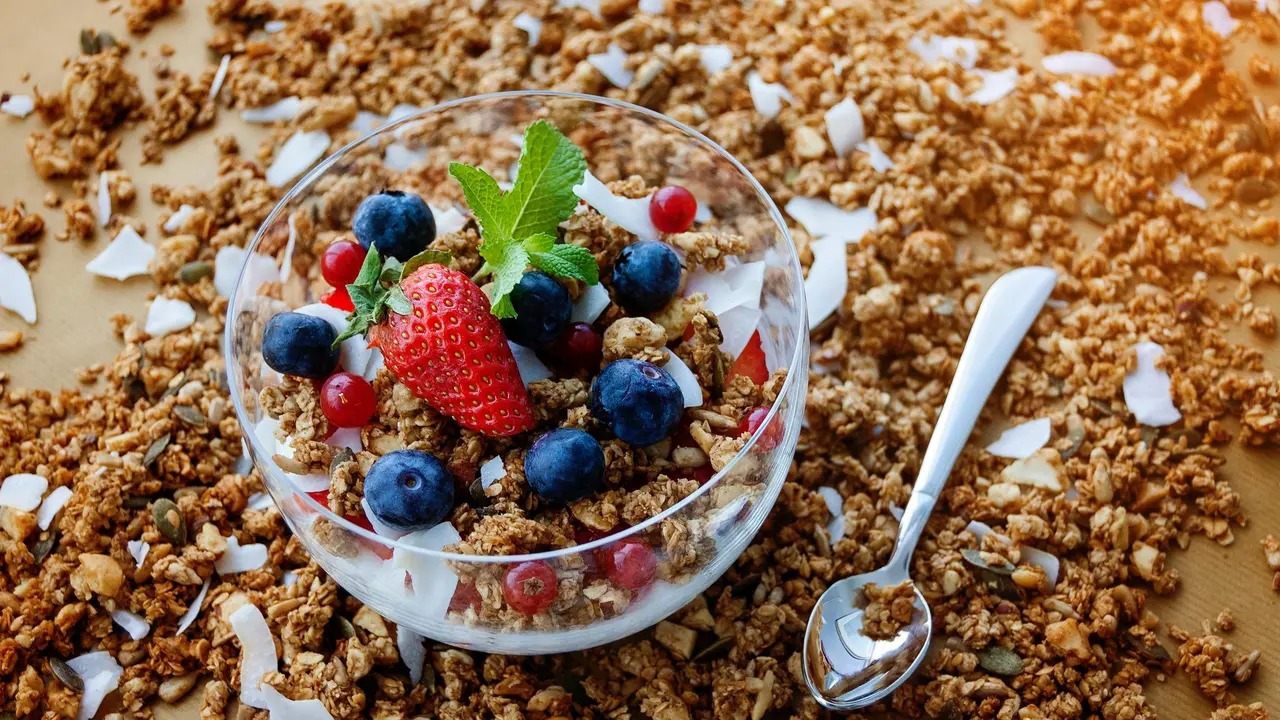Have you ever wondered, “are there carbs in alcohol?” It’s a common question that many people ask, particularly those who are keeping an eye on their carbohydrate intake. In this article, we’ll dive into the details of how alcohol is metabolized, its carbohydrate content, and what this means for your diet. Prepare to uncover the surprising truth behind alcohol and carbs!
Understanding Alcohol and Carbohydrates
What Are Carbohydrates?
Carbohydrates are one of the three macronutrients essential for human health, along with proteins and fats. They provide energy and play a vital role in various bodily functions. Carbohydrates can be categorized into two main types:
- Sugars: Simple carbohydrates found naturally in fruits, vegetables, and dairy products.
- Starches and fiber: Complex carbohydrates found in grains, legumes, and certain vegetables.
How Is Alcohol Metabolized?
When you consume alcohol, your body treats it differently than carbohydrates. Alcohol is metabolized primarily in the liver, where it is converted into acetaldehyde and then into acetate, which can be used for energy. However, alcohol does not provide the same nutritional benefits as carbohydrates.
Are There Carbs in Alcoholic Beverages?
Types of Alcohol and Their Carbohydrate Content
Yes, there are carbs in alcohol, but the amount varies significantly depending on the type of beverage. Here’s a breakdown of common alcoholic drinks:
- Beer: Usually contains around 10-15 grams of carbs per 12-ounce serving, depending on the type.
- Wine: Generally has lower carb content, with dry wines containing about 2-4 grams of carbs per 5-ounce serving.
- Spirits: Hard liquors like vodka, rum, and gin typically have zero carbs unless mixed with sugary mixers.
Low-Carb Alcohol Options
If you’re following a low-carb diet, you might prefer the following options:
- Spirits neat or on the rocks: These contain no carbs.
- Dry wines: Choose dry red or white wines for the lowest carb content.
- Low-carb beers: Many breweries offer light or low-carb versions of their beers.
The Impact of Alcohol on Your Diet
Effects of Alcohol on Carbohydrate Metabolism
When you consume alcohol, it can interfere with the body’s ability to metabolize carbohydrates. Since alcohol is prioritized for metabolism over other nutrients, this can lead to lower blood sugar levels and hinder weight loss efforts.
Combining Alcohol with Food
Pairing alcohol with food can also change its effects. Consuming alcohol with high-carb meals can significantly increase your overall carbohydrate intake. Here are some tips for mindful drinking:
- Eat before drinking: This can help stabilize blood sugar levels.
- Avoid sugary mixers: They can add substantial carbs to your drinks.
- Track your intake: Keep an eye on how much alcohol and carbohydrates you consume.
Myths and Facts About Alcohol and Carbohydrates
Common Misconceptions
There are many myths regarding alcohol and carbs. Let’s debunk some of them:
- Myth: All alcohol has high carb content.
- Fact: As mentioned, spirits typically have no carbs, while certain wines and beers can.
- Myth: Alcohol-free drinks are carb-free.
- Fact: Many non-alcoholic beers and wines still contain carbs.
The Role of Alcohol in a Balanced Diet
While alcohol can be enjoyed in moderation, it’s essential to be aware of its impact on your overall diet. Alcohol can add extra calories and carbs, which may affect your health goals. Consider these strategies:
- Moderation is key: Limit your intake and choose drinks wisely.
- Stay hydrated: Drink water between alcoholic beverages to avoid excess consumption.
- Choose quality over quantity: Select beverages you truly enjoy rather than opting for high-carb options out of habit.
Making Informed Choices
Reading Labels and Nutritional Information
To make the best choices regarding alcohol and carbohydrate intake, always read labels and nutritional information when available. Many alcoholic beverages now provide detailed ingredient lists and nutritional content, allowing you to understand what you’re consuming better.
Consulting with a Health Professional
If you’re unsure about how alcohol fits into your diet or have specific dietary goals, consult with a healthcare professional or a registered dietitian. They can provide tailored advice that considers your health and lifestyle.
Conclusion
In conclusion, yes, there are carbs in alcohol, but the amount varies widely between different types of beverages. Understanding the carbohydrate content can help you make informed choices about your alcohol consumption while maintaining a balanced diet. Remember to drink in moderation and stay aware of how alcohol can affect your overall health. Don’t forget to share this article with friends interested in the topic, and check out our other articles for more insights into healthy living!
Carbs – Recent Articles
- How Many Carbs Are in Egg Foo Young? Find Out Now!
- How Many Carbs in Sausage? The Surprising Truth Revealed!
- How Many Carbs Are in Champagne? The Surprising Truth!
- How Many Calories is One Gram of Carbs? Unlock the Truth!
- Are There Carbs in Coffee? Uncover the Truth Now!
Carbs – Useful Links
- Harvard T.H. Chan — Carbohydrates (The Nutrition Source)
- Harvard T.H. Chan — Carbohydrates and Blood Sugar
- Oklahoma State University Extension — Carbohydrates in the Diet
- Colorado State University Extension (Food Smart Colorado) — Carbohydrates
- Mayo Clinic — Carbohydrates: How carbs fit into a healthy diet
